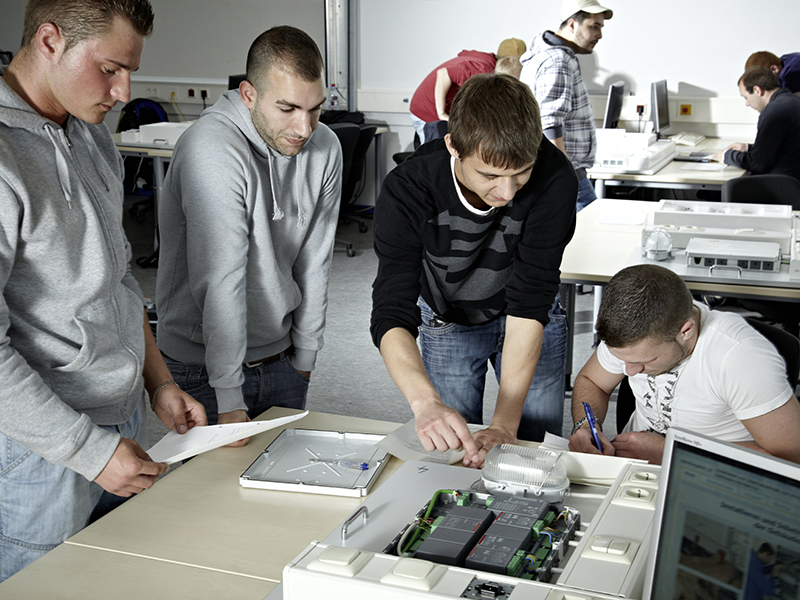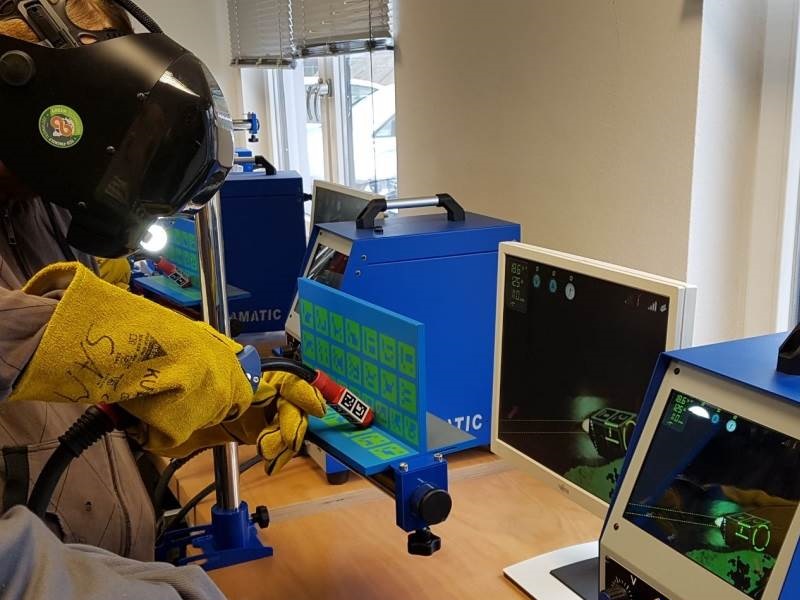Departments
All staff members are assigned to departments, which are headed by university professors. The departments ensure the continuity and stability of the Institute's research work. Due to the multi-perspective requirements of our research, all staff members of the Institute (including the department heads) are also involved in interdepartmental research groups and interdisciplinary project teams. Research groups and project teams can be founded, established and closed quickly; they strengthen in particular the flexible, interdisciplinary and innovation-oriented cooperation in the Institute (see "Research").
-
Department Prof. Dr. Howe
Basically, the department's research and development activities are located in three areas: 1. vocational science studies (e.g. work process analyses) to identify the skills, knowledge and competences of skilled workers; 2. planning, implementation and evaluation of work process-oriented, competency-promoting educational processes (learning and work tasks); 3. development and use of digital media and online tools (rapid e-learning). -
Department Prof. Dr. Dr. h.c. Gessler
The work of the department is based on a combination of design orientation and evidence-based research with a focus on initial and continuing vocational education and training. The department concentrates on (1) vocational competence research, (2) work-based learning and apprenticeships, (3) digitalization of work and learning and (4) international-comparative VET research. -
Department Prof. Dr.-Ing. Petersen
The starting point for research in the department is the relationship between work and technology in the context of vocational learning. Important fields are the design potential of processes in the world of work and the associated educational processes. The focus of the research work lies in the areas of metal technology and automotive engineering. -
Department Prof. Dr. Heinemann
The department addresses educational processes in a migration society characterized by social, cultural, gender and linguistic heterogeneity. Teaching and research concentrate in particular on pedagogical professionalization in the context of the opportunities and challenges of heterogeneous learning spaces. The focus is on out-of-school educational work, transitions from school to work, vocational training, adult education and higher education.






